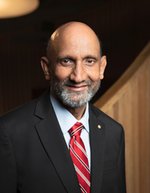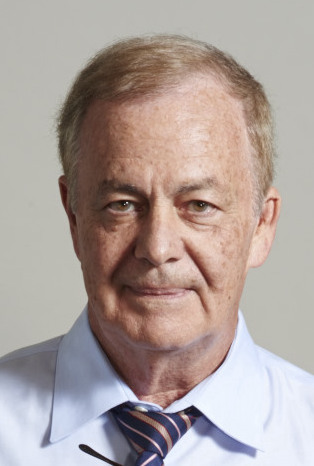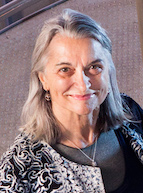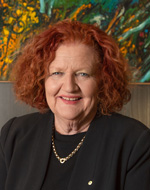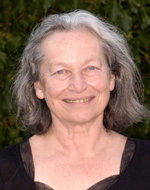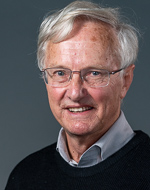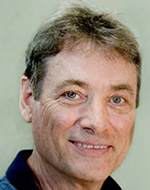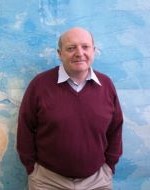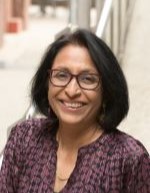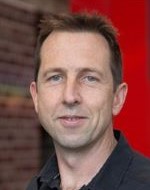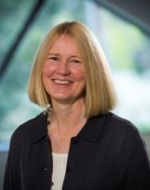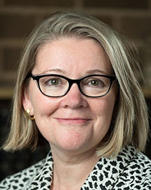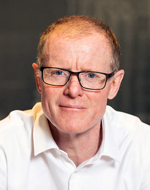Professor Chennupati Jagadish AC is an Emeritus Professor of Physics and Electronic Materials Engineering in the Research School of Physics at the Australian National University. He has published more than 790 journal papers in semiconductor physics, materials science, optoelectronics and nanotechnology. Professor Jagadish is the Editor-in-Chief of Applied Physics Reviews, editor of 2 book series, and serves on editorial boards of 20 other journals. He is a fellow/foreign fellow of 16 science and/or engineering academies in Australia, the US, the UK, Europe, China and India. He has received many Australian and international awards, including a UNESCO medal for his contributions to the development of nanoscience and nanotechnologies, IUMRS Somiya Award, IEEE Nanotechnology Pioneer Award, Lyle Medal, Boas Medal, Beattie Steel Medal and Pravasi Bharatiya Samman award from the President of India in 2023. He has been an Australian Research Council (ARC) Federation Fellow and an Australian Laureate Fellow. Professor Jagadish is a Fellow of the Royal Society, and has received honorary doctorates from Surrey and Nottingham Trent universities. He was elected a Fellow of the Australian Academy of Science in 2005 and became President of the Academy in 2022.







